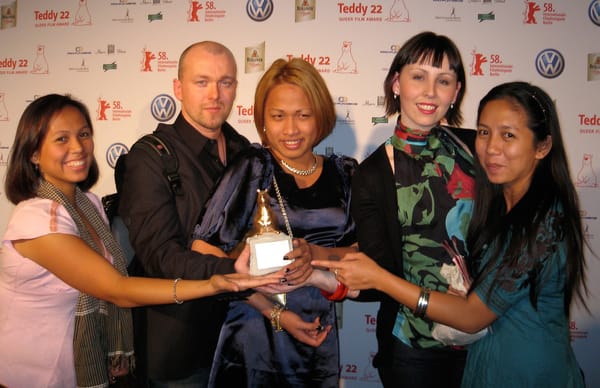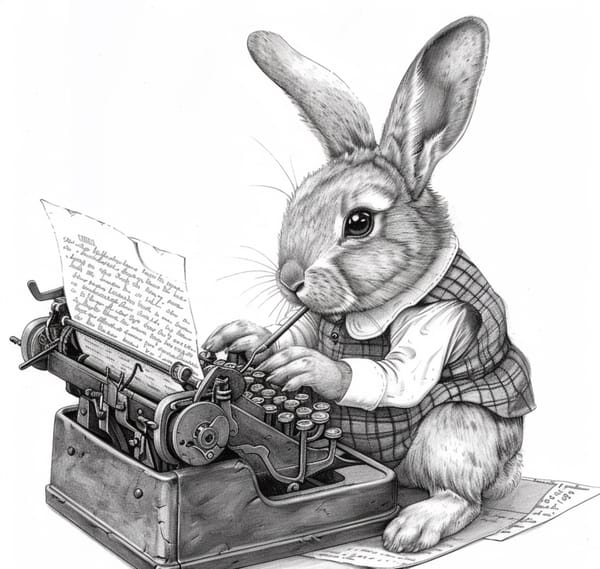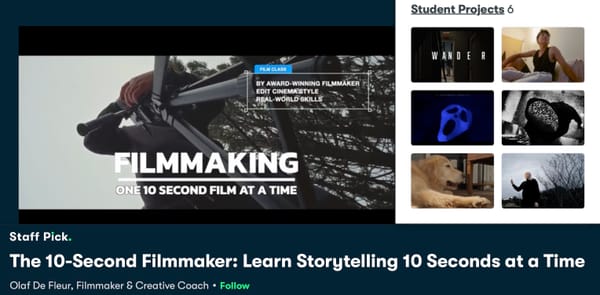Olaf de Fleur’s Imaginative Reality: An Icelandic Auteur Blurs the Lines
Interview: A hallmark of de Fleur’s work is his seamless merging of documentary authenticity with narrative invention.
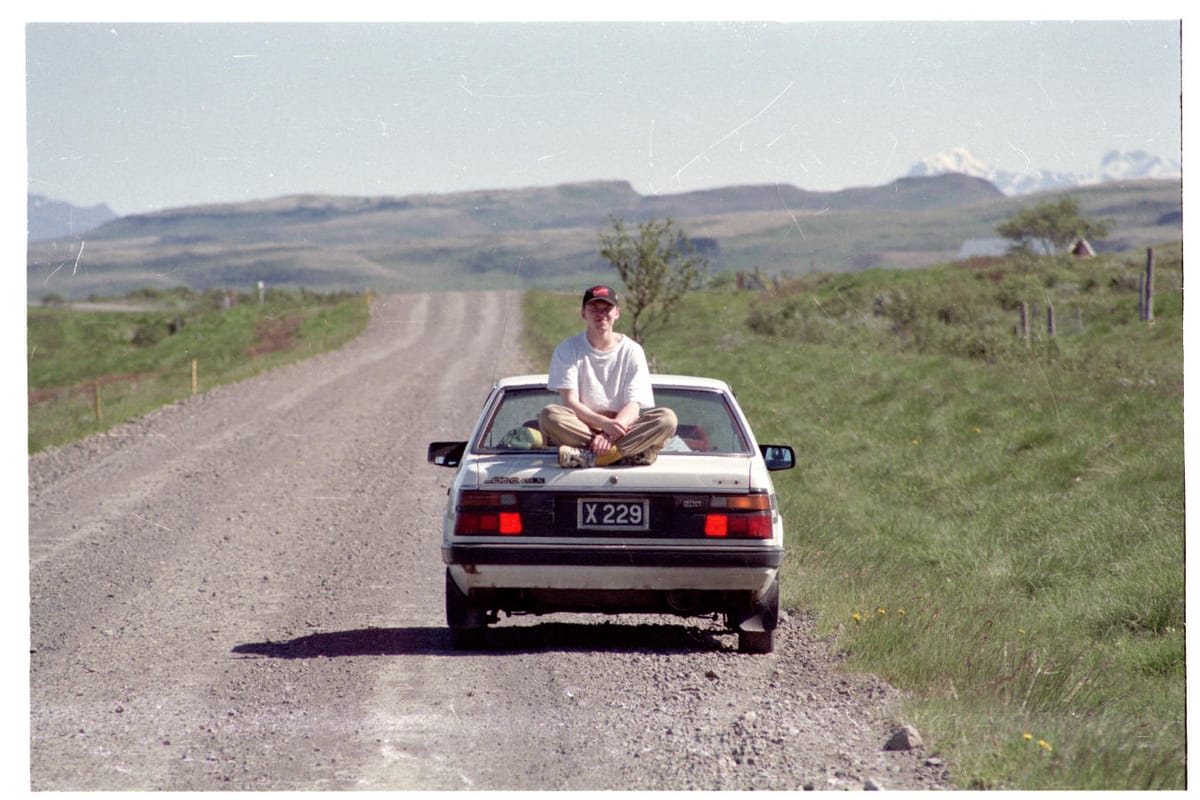
Olaf de Fleur is on all fours in his Reykjavík living room, growling playfully. His 16 month daughter giggles as he spins around playing the clown. It’s a far cry from the Hollywood soundstage where he once directed Florence Pugh through a haunted orphanage, but for de Fleur, the art of storytelling is just as alive in this bedtime ritual as it is on set. In over two decades of filmmaking, the Icelandic writer-director has made a career out of blending worlds – documentary and fiction, Iceland and abroad, fantasy and raw truth – all while keeping his feet planted firmly on home soil and family.
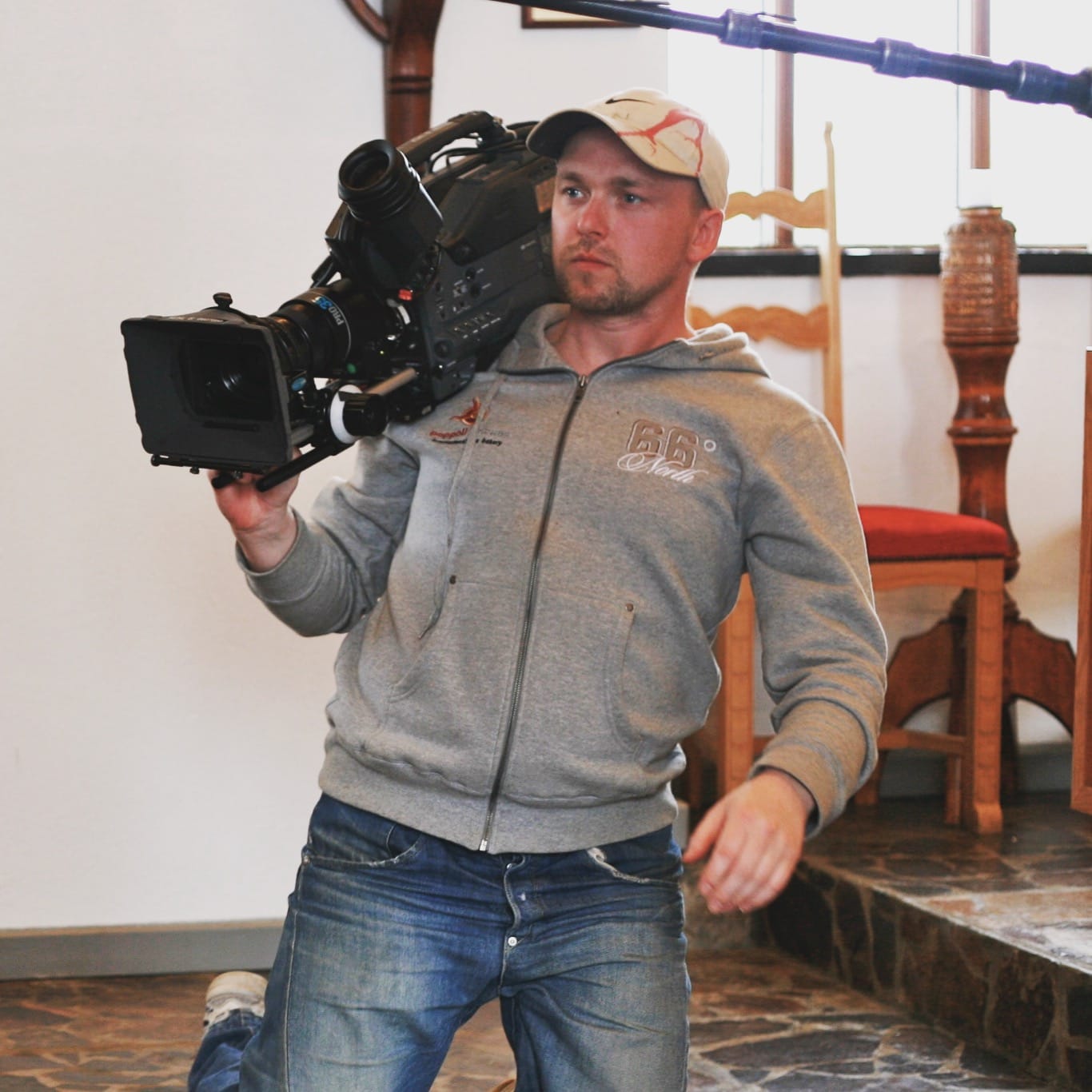
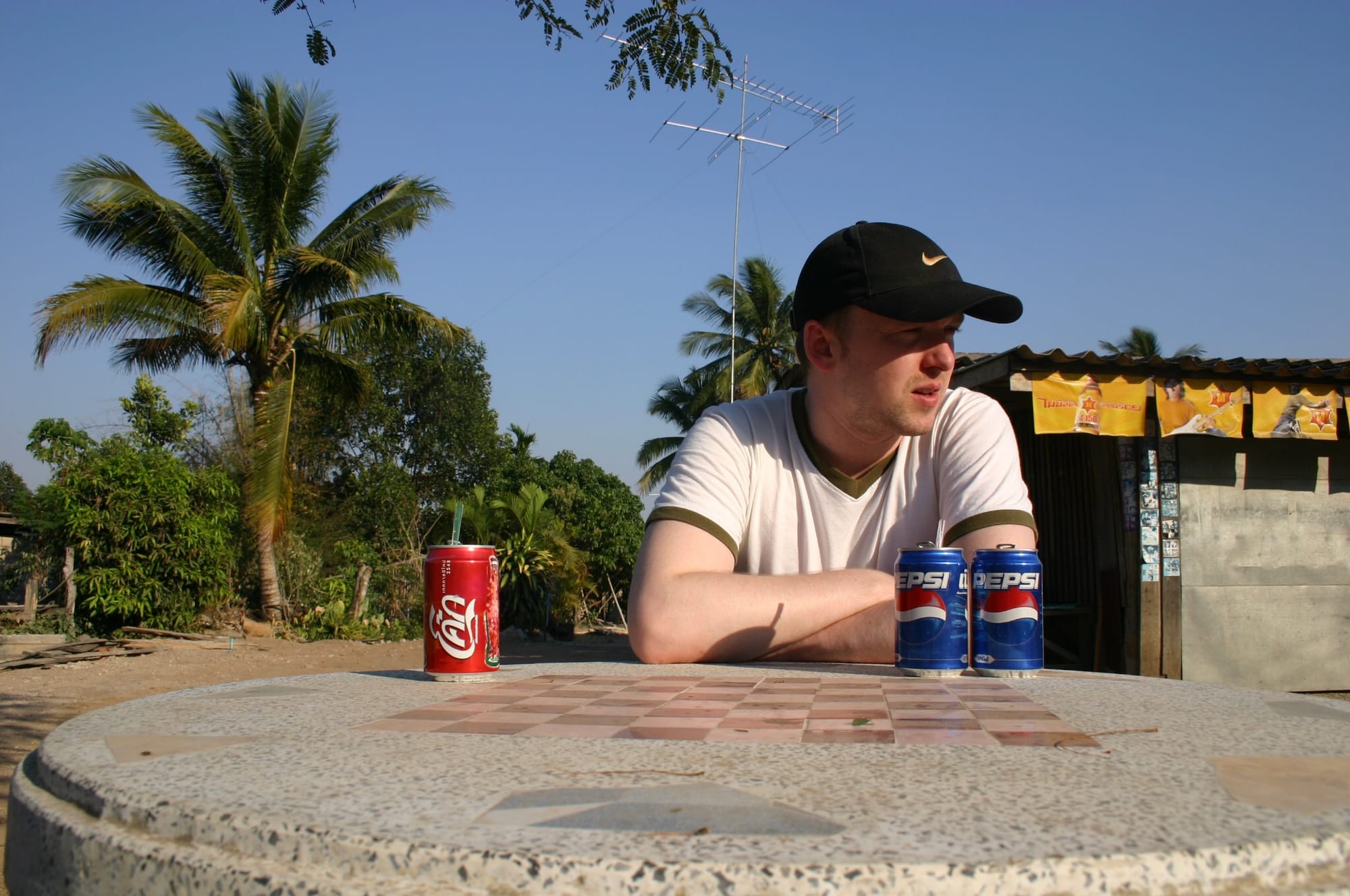
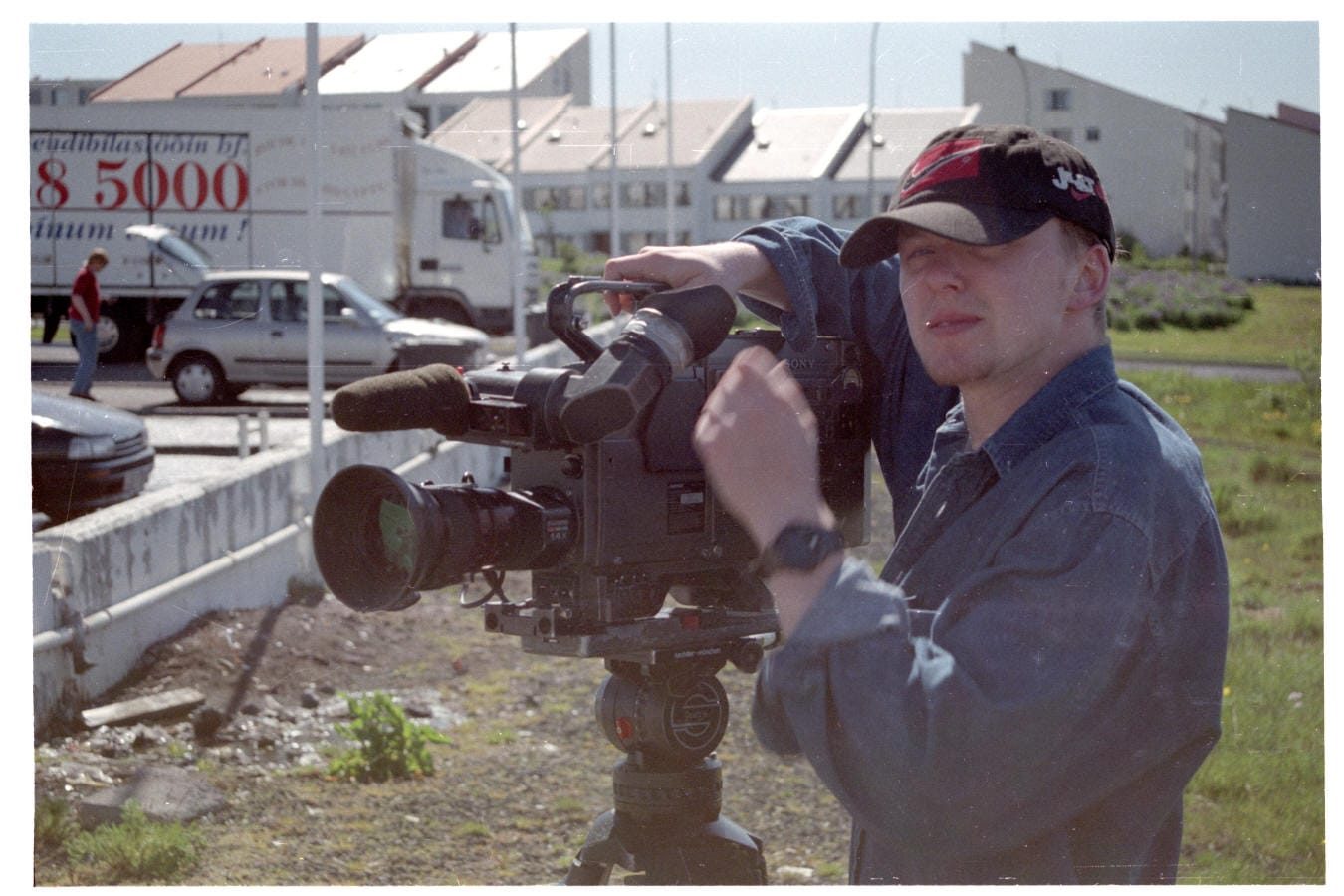
From Sheep Farm to Silver Screen
Olaf de Fleur grew up in the tiny town of Búðardalur, Iceland – “where I was taught manners by sheep and farm dogs,” he jokes. In 2003, he founded his own production company, Poppoli Pictures, and quickly gained acclaim with back-to-back documentaries. Shining Star (2004), about rock icon Bubbi Morthens, and Africa United (2005), following immigrants forming a football team, each won Best Documentary at Iceland’s Edda Awards.
By 2008, de Fleur had jumped into fiction with The Amazing Truth About Queen Raquela, a genre-defying tale about a Filipino transgender sex worker dreaming of Paris. Shot guerrilla-style in the Philippines, it won the Teddy Award for Best Feature at Berlinale, Showtime’s Vanguard Award in New York, and a Special Contribution to Cinema Language prize in Serbia. De Fleur, always the pragmatist, calls his early filmography his personal film school: “You need four or five films to get the language of film correct.”
Blurring Fact and Fiction
A hallmark of de Fleur’s work is his seamless merging of documentary authenticity with narrative invention. “More and more documentary filmmakers use fiction techniques and vice versa,” he says. With a background in nonfiction, de Fleur naturally ventured into hybrid storytelling.
In Polite People (2011), he filmed in the farming community of his youth, layering fiction atop a real setting. Meanwhile, his documentary Adequate Beings (2011) zeroed in on Icelandic farmers, finding quiet drama in everyday life. Whether exploring corruption, revenge, or the surreal, de Fleur is fascinated by how people craft false realities when disillusioned by the real one.
Yet, his tone is never heavy. His work brims with irony and dark humor. Polite People satirizes Icelandic nepotism, while The Higher Force (2008) riffs on gangster tropes. Even City State (2011), a bloody revenge thriller, subtly critiques genre conventions.
“Life promises something, and we don’t get it, so we think we’re being lied to,” de Fleur says. In his stories, lies become coping mechanisms, and the audience is drawn into these constructed worlds.
Reykjavík to Hollywood (and Back Again)
By the mid-2010s, Hollywood had noticed. Netflix tapped him to direct Malevolent (2018), a supernatural thriller starring Florence Pugh. It marked a genre pivot and introduced de Fleur to millions of global viewers.
Alongside Pugh, he’s directed James Cosmo, Michael Imperioli, Jonathan Pryce, and Giancarlo Esposito. His knack for selling big ideas saw City State picked up for a Hollywood remake with director James Mangold. Represented by Major Chord in Los Angeles, de Fleur splits his time between Reykjavík and international shoots.
Despite this success, he remains grounded. “I go to L.A. once a year to say hi and get some sun,” he jokes. Iceland is his home, his creative lab, and his retreat.
The Method to the Madness
De Fleur’s creative process is intuitive and spiritual. “Writing is more important than the other importants,” he says. He compares screenwriting to prayer: a ritual that leads to understanding. He follows a “retina diet” during writing phases, avoiding other media to preserve his vision.
His productivity is legendary. In 2011 alone, he released three films. He credits tight 9-to-5 shoot schedules and crew camaraderie for this efficiency. On The Higher Force, the team relaxed in hot tubs after wrap, keeping morale high and shoots sharp.
Budget constraints never deter him. A no-budget web series (Circledrawers, 2009) made out of boredom found an unexpected audience of over 100,000. For de Fleur, filmmaking is action: *“There is no right or wrong… just do it.”
Fatherhood, Mentorship, and Monsters
Now in his late 40s, de Fleur blends family and creativity. His stepdaughter inspired his latest passion project: a children’s book about a magical school in the sky. Storytime became a testing ground for new ideas.
He also mentors emerging artists, most recently as Artistic Director of the Reykjavik Film Festival’s Talent Lab. There, he created dynamic schedules to challenge young filmmakers, just as he challenged himself two decades ago.
A Singular Voice in Global Cinema
What defines Olaf de Fleur is not genre or geography, but curiosity. He navigates the world with open eyes, capturing both absurdity and grace. From intimate documentaries to pulse-pounding thrillers, his films resist classification, yet they all bear his fingerprints: empathy, wit, and an appetite for risk.
In an industry that rewards specialization, de Fleur embraces versatility. He’s equally at ease directing a Netflix horror, a low-budget doc, or a child’s fantasy. As he puts it: “Sometimes something pulls you like a magnet… And you don’t know why.”
Whatever that magnet is, it keeps pulling Olaf de Fleur forward — one story at a time, one lie at a time, revealing the truth underneath.
Notable milestones include:
• Teddy Award (Best Feature) at Berlinale for Queen Raquela
• Grand Jury Prize at Los Angeles Film Invasion Festival for King of the Butterflies (2023)
• Best Documentary at the Edda Awards for Shining Star and Africa United
• Nomination for Best Nordic Film for Queen Raquela
Written by Elizabeth H. for New Media Tel. 2024

